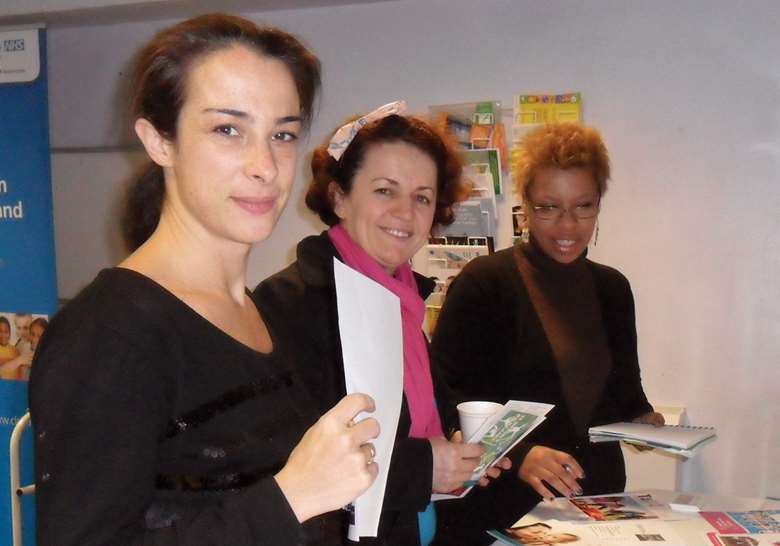How volunteers build the confidence of parents
Emily Rogers
Monday, August 4, 2014
Parenting project increases the confidence and capability of struggling parents.

Project
Instructions Not Included
Funding
£1.3m from the Department for Education from April 2011 to March 2013
Background
There is often stigma attached to parenting support provided by statutory services, according Sandra Hiller, regional manager for London and the northern home counties at family support charity Family Lives. The charity already used volunteers to deliver frontline help to parents through its national helpline Parentline, so face-to-face support, involving befriending parents in their homes, was a natural progression. "By using non-stigmatised support through volunteers, we found families would engage much more readily," recalls Hiller. "The model of using volunteers to provide parenting support was tried and tested, but we wanted to do it at grassroots level and evidence it."
Action
The first step was developing some specialist training, including lone working policies, to enable volunteers to work safely in parents' homes.
The volunteer posts were advertised through the Council for Voluntary Services in the pilot areas of Ealing, Croydon, Forest of Dean, Gloucester, Nottingham, Southampton and Sunderland. The potential recruits had to be parents or have experience of caring for a child. They were interviewed and had to commit to a four-day training course. An average of ten were trained at a time in each area, by the charity's family support workers.
Families could refer themselves to the project, or be referred by charities, statutory services or health services. A support worker made an initial visit to assess the main issues a volunteer could help with such as setting boundaries for children. The worker would then allocate a volunteer and introduce them to the family. Volunteers went on to set objectives with the family, helping them find solutions and engage with other services.
A total of 144 volunteers were recruited over the course of the project, spending up to one and a half hours with their matched family per session for an average of five sessions. Almost three quarters of the families referred to them were lone parents or had at least three children or both. The most common theme for referrals was a need for help in managing children's behaviour.
Outcome
Evaluation by Coram found the befriending sessions proved particularly effective in helping parents tackle children's behaviour. Two thirds (62 per cent) of the 93 children who were assessed before the programme showed behaviour categorised as "abnormal", using a strengths and difficulties questionnaire. This dropped to 34 per cent after the programme. The percentage of children whose behaviour was considered "normal" more than doubled from 24 per cent before the programme, to 59 per cent afterwards. The scheme also helped integrate families into community life. "Many had felt isolated," says Hiller. "But with the volunteers, they felt more part of the local community because they were working with someone from that community."




